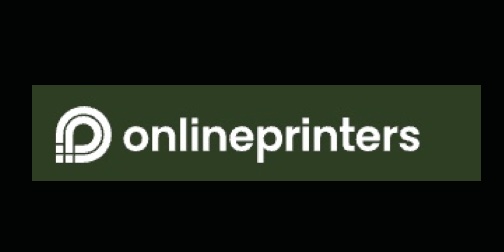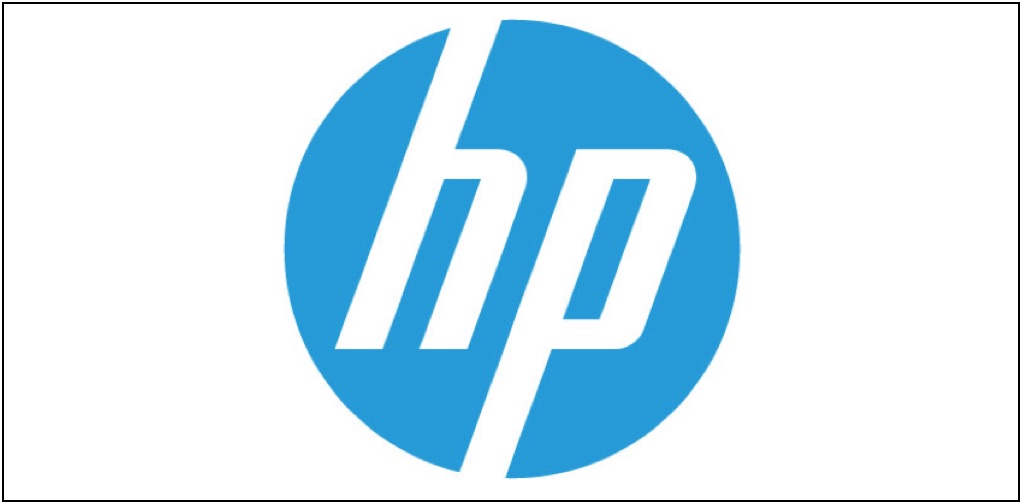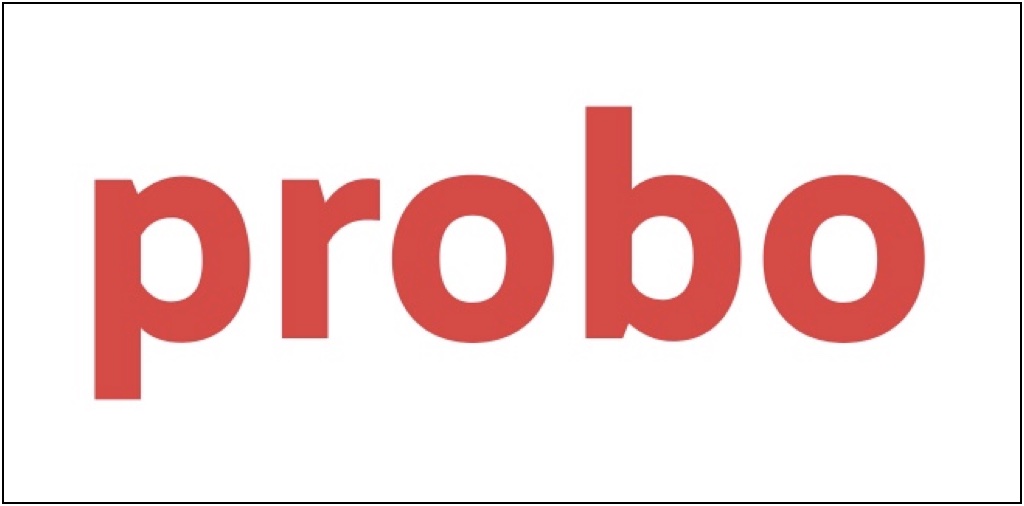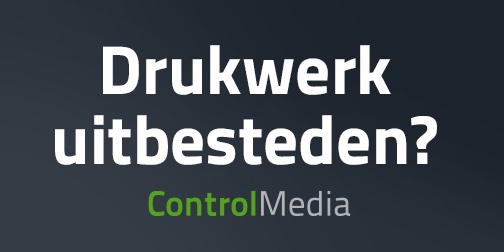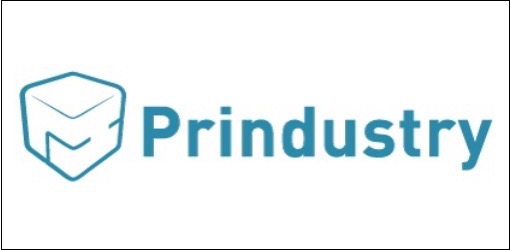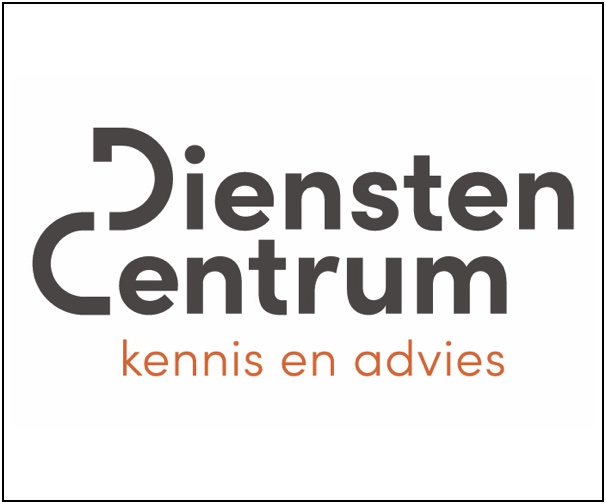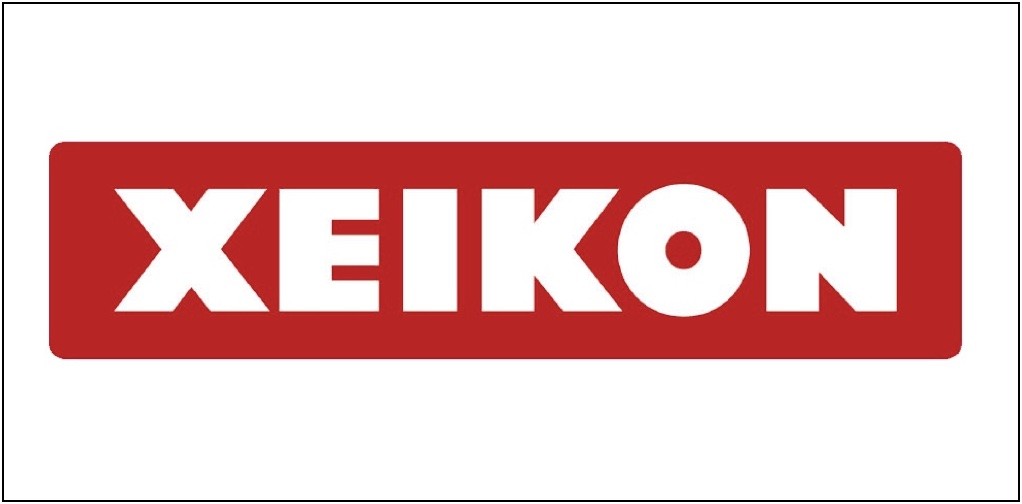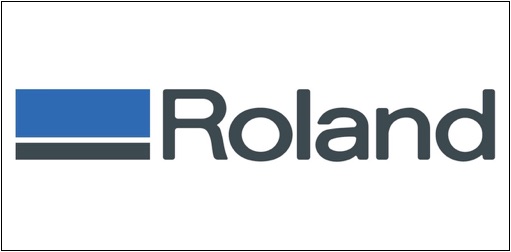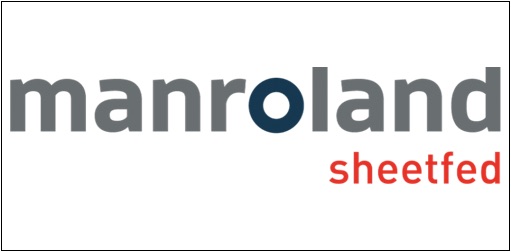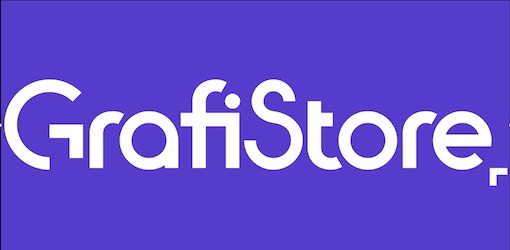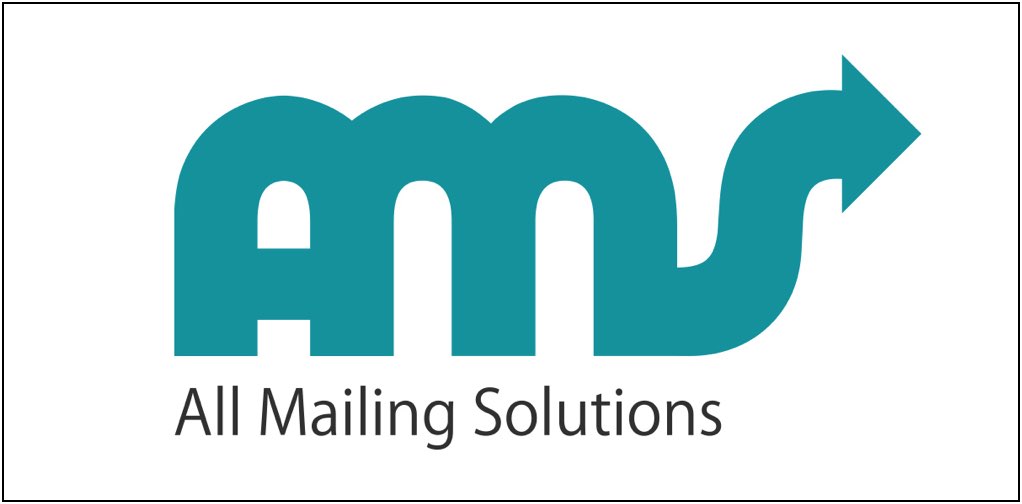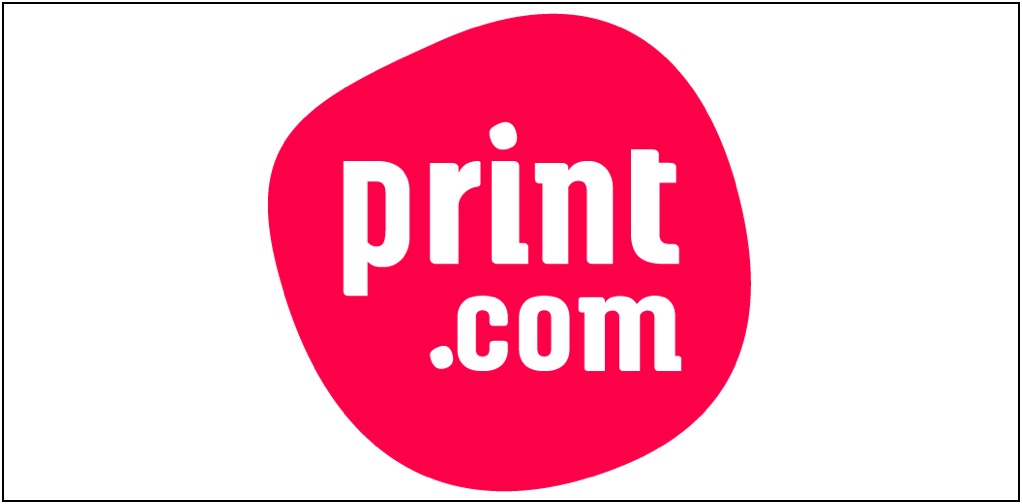A Thing of Beauty is an Ancient Book – Verdigris blog by Laurel Brunner
We hear a lot about the wonders of digital media and for several years it has had print in a more than mild state of panic. The Bay Psalm Book is just the latest addition to the list of reasons to choose print over electronic media. This slender volume is the first book ever printed in America, using a press especially (and very slowly) shipped in from England. This little book of 150 sacred poems is extremely rare, with only eleven copies still extant. But at least there are copies of the work. In four hundred years will we be able to say the same of this year’s edition of Wikipedia, or your Facebook timelines?

The story begins with the Puritan pilgrims who arrived in America from England in 1630 in search of religious and political freedom. These settlers decided they needed a new version of the Hebrew Book of Psalms, taylored to their own reformist requirements. Various folk got stuck in to translate the psalms from the original Hebrew, rewriting them in verse so that they could sing the psalms as rhymes, using traditional melodies. The settlers typeset and printed 1700 copies of the 300 page books on the newly arrived 240 reams of paper and press, some nine or so years after they reached America’s shores. Now one of the remaining copies of this amazing book has just made over $14 million at auction, courtesy of financier and philanthropist David M. Rubenstein. Mr Rubenstein also has the last privately owned copy of the Magna Carta – quite a collection.
The Bay Psalm Book is an extremely rare edition of course, full of flaws and foibles which enhance its specialness. The book is also a symbol of identity for America, because it embodies the spirit of the United States. It is an independent version of the Book of Psalms created for and by the congregation for whom it was intended. Those 1700 copies were so well used that most of them actually wore out and the book got reprinted over fifty times in the following centuries.
Apart from the fact that this story demonstrates the durability of print, it’s clear that books have value as objects, not just for the content they deliver. The carbon in the Bay Psalm Book has been locked up for hundreds of years and is unlikely to be released any time soon. The content is accessible today as it was in 1640 when the book was printed. No electronics, no batteries, no servers, no RAID arrays have sustained it, only the paper and ink used to create it. It’s a zero carbon footprint archived reminder of those early settlers’ work and desires. Because it is printed the Bay Psalm book is a tangible and accessible, if tiny, slice of history. Can we say the same of Lynx and Bernoulli cartridges, or an iPad?
Laurel Brunner
Dit blog wordt mogelijk gemaakt dankzij de bijdrage van: Agfa Graphics (www.agfa.com), Digital Dots (http://digitaldots.org), drupa (www.drupa.com), EFI (www.efi.com), Fespa (www.fespa.com), Heidelberg (www.uk.heidelberg.com), Kodak (www.kodak.com/go/sustainability), Mondi (www.mondigroup.com/products), Pragati Offset (www.pragati.com), Ricoh (www.ricoh.com), Shimizu Printing (www.shzpp.co.jp), Splash PR (www.splashpr.co.uk), Unity Publishing (http://unity-publishing.co.uk) and Xeikon (www.xeikon.com).

BlokBoek.com is de Nederlandse media-partner van Verdigris, een non-profit initiatief dat de werkelijke voetprint van druk- en printwerk die drukwerk achterlaat eerlijk in kaart wil brengen en dat bedrijven en organisatie steunt om die voetprint te verlagen. Meer informatie over Verdigris vindt je via deze link.
De trainingen voor 2022 staan gereed. Kijk voor het volledige online aanbod van bestaande- en nieuwe trainingen op de website.
BLOKBOEK.COM EN PRINTMEDIANIEUWS: HET OPTIMALE DOELGROEP BEREIK


